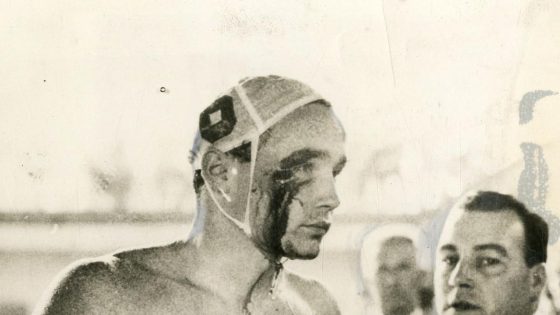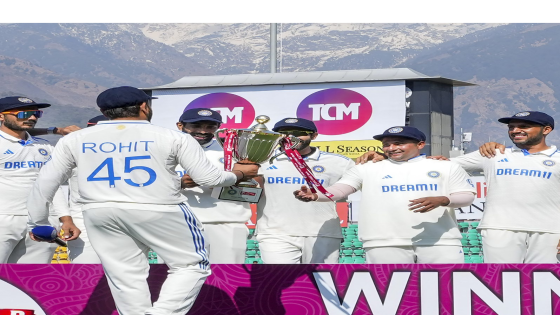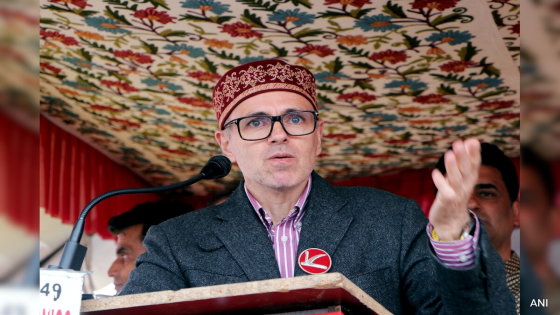Hungary has long been a powerhouse in the men’s water polo event. It has won nine gold medals, the most of any country in history, along with three silver and three bronze. They came close to extending this record at the Paris 2024 Olympics, but suffered a close loss to the USA in the bronze medal match.
But of all the medals that Hungary has taken home from the Olympics, the gold from 1956 will stand out in memory far clearer than the rest, not necessarily for how it won the final, but rather for how it won the semifinal.
Towards the end of 1956, a student revolution protesting the impact of Soviet influence in the country began in Hungary. Soviet forces pushed back, responded strongly by sending tanks, and there was significant conflict across Budapest.
As these events were unfolding, the Hungarian men’s national water polo team was in the mountains preparing to defend their Olympic crown at the 1956 Sydney Olympics. It had won gold at two of the previous three Olympics and was strong favourites to defend its title. When the revolution broke out, the team was shifted to Czechoslovakia, before eventually heading to Sydney for the Olympics despite not having clarity about the well-being of their families.
Despite the events going on at home, the Hungarian team found its way to the semifinal fairly comfortably. Their minds were understandably elsewhere. Captain Dezso Gyarmati remembered in an interview with Reuters, “We had to fly from Prague as no airline would land in Budapest. We were in midair to Melbourne when the pilot told us the news that Soviet tanks had invaded Budapest.”
It won both of it group games against the USA and Great Britain, before beating Italy and Germany to set up a high-stakes encounter with the Soviet Union in the semifinal. The two had some history as well. According to The Guardian, the Soviet team had based its success on copying the plans of successful Hungary teams, and had beaten Hungary months before in a warm-up game courtesy of several contentious refereeing decisions.

Hungarian water polo player Delzso Gyarmaty, carries a Free Hungary National flag as he leads team-mates from their plane on arrival at Melbourne Airport on November 12, 1956.
| Photo Credit:
THE HINDU ARCHIVES
Hungarian water polo player Delzso Gyarmaty, carries a Free Hungary National flag as he leads team-mates from their plane on arrival at Melbourne Airport on November 12, 1956.
| Photo Credit:
THE HINDU ARCHIVES
The tempestuous match lives on in history. The tone was set early on. It is customary in water polo for the captains to shake hands before the match, but that didn’t happen this time. Captain Gyarmati refused to shake his Soviet counterpart’s hand. The match that ensued is now known as the “Blood in the water” game.
From a scoreline perspective, Hungary went ahead early and raced into a 4-0 lead, with Gyarmati on the scoresheet. But the score was largely irrelevant, with the game being marred by fouls, violence and brawling. It all culminated when 21-year-old Erwin Zador of Hungary was struck in the face by Valentin Prokopov. As he climbed out of the pool for treatment, his eye began pouring with blood, providing an iconic image. The game was eventually abandoned and awarded to the leading Hungarians.
The Hungary team (minus Zador, who had to be treated) eventually overcame Yugoslavia to seal the gold medal, but the Soviet Union semifinal is the one that lives on in memory. The dramatic visual of Zador leaving the pool has become an iconic Olympic image, and the match was even committed to film in a documentary produced by Quentin Tarantino.
Hungary has since cemented their status as the dominant force in water polo at the Olympics, a status it came close to extending in the Paris 2024 Olympics.
Source Agencies




